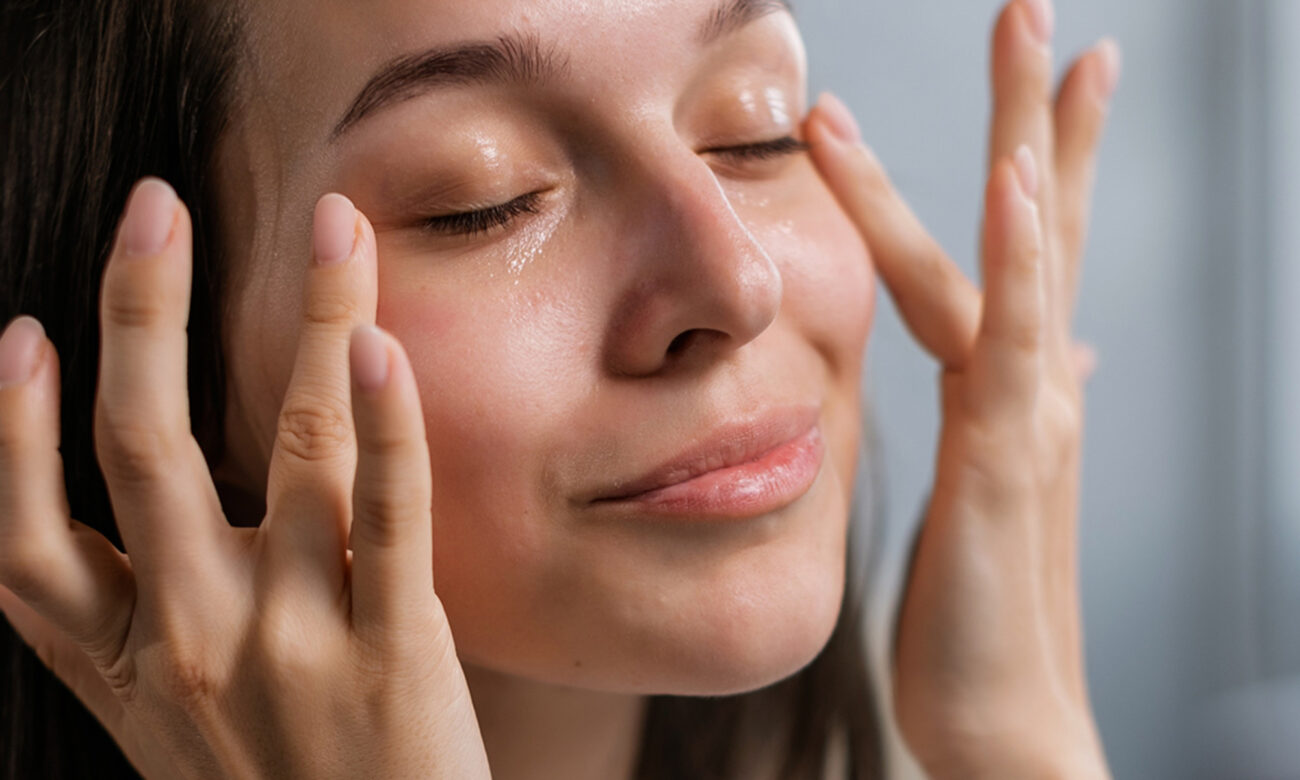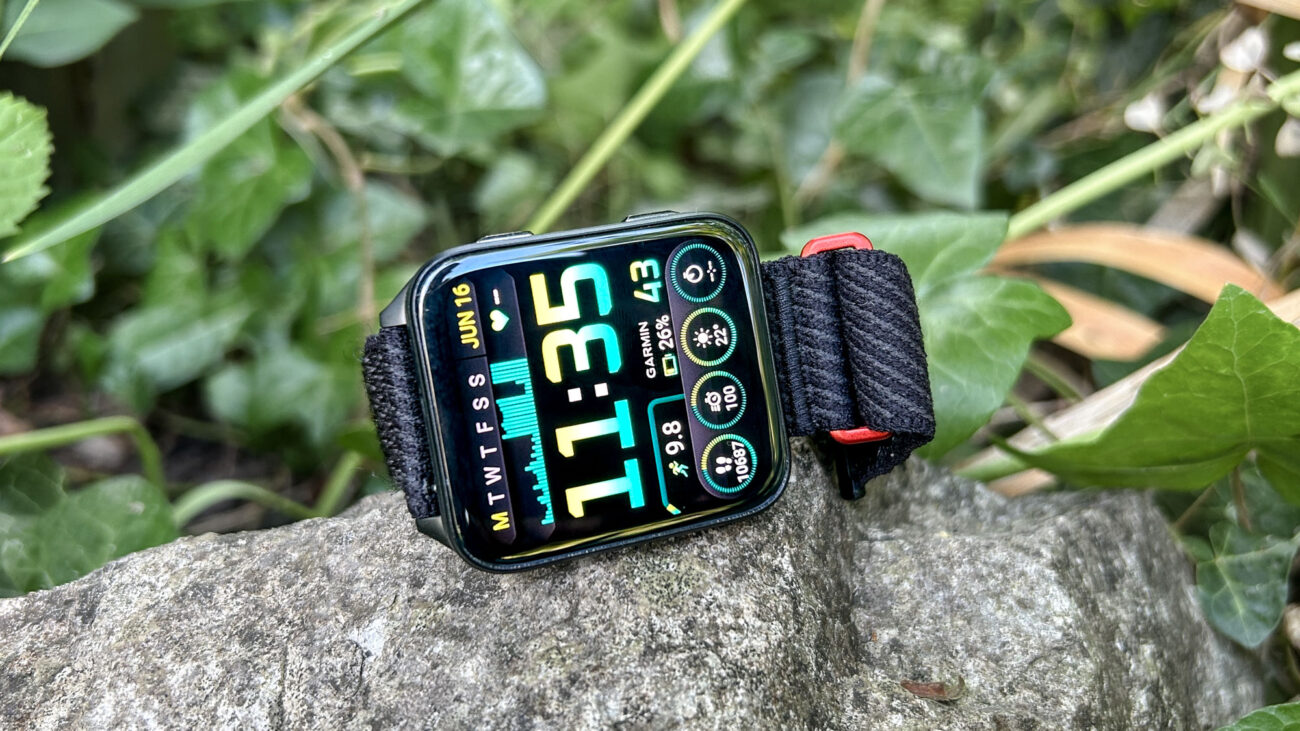Blog
5 Reasons You Get Random Bruises and When to See a Doctor

Ramming a shin into a coffee table. Bumping a knee into that rod under your desk. Taking a tumble off a bike. These things tend to hurt like [redacted], so you probably won’t be surprised when you wind up with a gnarly bruise after. The force of the trauma breaks some blood vessels under the skin, which spill their contents, leading to a splotch that usually appears pink, red, purple, brown, or black, Kathleen Mueller, MD, the system director for integrative medicine and cancer survivorship at Nuvance, a Connecticut-based health system, and member of the board of directors of the American Academy of Family Physicians, tells SELF. But sometimes, the origin of a bruise is less obvious—say, your eye catches a mysterious discolored blotch on a part of your body you don’t recall injuring.
Getting random bruises can be unsettling, particularly if it’s happening more often or they’re big and ghastly. But it’s pretty common: Research suggests about one in five people may have a genetic tendency for easy bruising that isn’t harmful, Sarah Young, MD, a board-certified oncologist and hematologist at Orlando Health Cancer Institute, tells SELF. That said, frequent, unexplained bruising can also be a sign of an underlying health condition interfering with the integrity of your blood or blood vessels.
So how can you suss out whether your bruising is NBD or cause for concern? Read on to learn what typically causes random bruises, when it’s worth seeing a doctor, and how to keep your personal Halloween horror show at bay.
Plenty of everyday lifestyle factors can cause you to get seemingly random bruises or to bruise more easily.
You have a change in your life—and you’re not as aware of bumps and bangs.
The most likely scenario is that you’re one of those people who has a natural genetic inclination to bruise more easily, and a life change has caused that tendency to reveal itself, Dr. Young says. For instance, maybe you’ve switched up your workout routine, or you have a new pet running around your home, or something else has made it easier for you to rack up little bumps and shoves throughout the day. You might not notice these occasional hits, or they may not register as painful, Dr. Mueller says. So the resulting bruises could very well seem like they came out of nowhere.
Also worth noting: Some bruises from everyday injuries might not appear in the exact spot where you made contact with that errant door or side table or small child. That’s just because of gravity, which can cause the blood spillage to sink, Dr. Mueller says. For instance, if you smack your knee, you could wind up with bruising on your shin; and a bump to the forehead can cause a black eye.
Your skin is going through the natural changes of aging.
Good ol’ “getting older” strikes again: When your skin starts to thin out in your 40s, 50s, and beyond, you might notice an uptick in bruising. That’s because the tiny blood vessels under the skin are less protected and in turn, more exposed to any kind of trauma, Dr. Mueller says. Where little everyday bumps to the arms and legs might not previously have left a mark, you could find that they increasingly cause bruises as you age.
You’re on a medication that makes you more susceptible to bruising.
Certain drugs are more obvious culprits here, like any form of blood thinner. The point of these meds is to prevent certain clots, but that can up your risk of bruising and bleeding, too. These include anticoagulants like Xarelto (rivaroxaban) and Coumadin (warfarin), which block aspects of the clotting process, as well as antiplatelets like aspirin and Plavix (clopidogrel), which keep platelets from gelling together. The former are generally prescribed for daily long-term use in folks who’ve had a deep vein thrombosis or pulmonary embolism, and the latter, for people who’ve had a heart attack or stroke. But even taking aspirin often for pain—or, for that matter, any other OTC non-steroidal anti-inflammatory drug (NSAID), like Advil (ibuprofen) or Aleve (naproxen)—could make you more likely to bruise if you’re sensitive to its effects on the blood, Dr. Mueller says.












